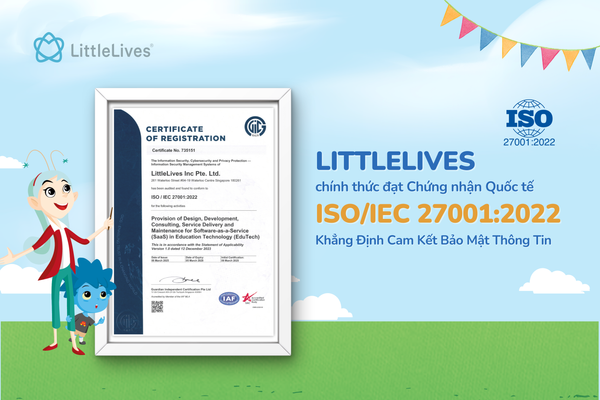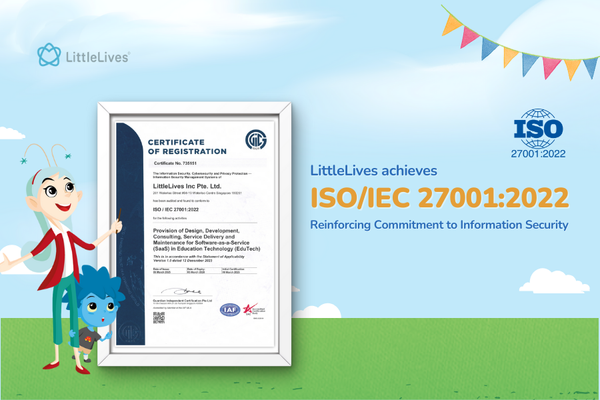Five common myths about school management software

Though 95% of businesses today, including schools, achieve major improvements after using ERP, the following myths are still prevalent:
- ERP systems are only for manufacturing companies
- Software for school management is very expensive
- After the implementation of ERP, the company's employees will be left without work
- School management software will add work to schools
- Schools can succeed without school management software
Enterprise resource management system - ERP - is a common term in the field of modern school education. This is because the applied value of an application that helps control all educational processes, keep accurate accounting, and manage an organization, cannot be over-emphasized.
We will try to tell you about the advantages of school management software solutions in general, dispelling some of the most popular myths about this multifunctional utility.
1. ERP systems are only for manufacturing companies

This assumption stems from the fact that ERP systems are the successor to Material Resource Planning (MRP) and Manufacturing Resource Planning (MRPII) systems that were developed for manufacturing companies. The MRP class systems are based on production management concepts of the 70s of the XX century. The functionality and flexibility of modern ERP systems, on the contrary, allows them to be implemented in organizations of all industries, such as education.
2. Software for school management is very expensive
Also connected with this myth is the opinion that school management software is expensive, which makes it unsuitable for schools. However, there are various ERP solutions designed for small, medium, and large educational institutions.
Nevertheless, it is worth considering the price and adjusting it for yourself. Take into account the following factors:
- the number of users who will use the system
- modules and functions that will be implemented in the company
- preparation for implementation and training of staff
- the hardware required for the operation of the system and its installation
ERPs increase employee productivity, automate and optimize educational processes, reduce human errors, which contribute to a quick return on investment in the system. Therefore, this software, in the long term, reduces organizational costs.
3. After the implementation of ERP, the company's employees will be left without work
The correct application of an ERP system will automate many of the school's tasks and processes, but this does not mean that employees will be unnecessary. Changes in job descriptions of some employees are likely to follow, or they will need to undergo the necessary training to manage the processes that have been automated.
4. School management software will add work to schools

The transition to ERP is not easy because employees have to learn new skills, perform new procedures, and more. However, if they are trained to work use the new system, this will ease the process. Modern school learning management systems automate many time-consuming and routine tasks, thereby facilitating the work of employees.
4. Schools can succeed without school management software
If your school is small and has a limited scope of activities, it can succeed without software for management. However, schools today need the flexibility to take advantage of every opportunity for growth. To make informed decisions, schools need to have accurate and detailed data on all school processes. This can only be achieved with a properly selected school management system.
As with every software, management software cannot give fruitful results if used incorrectly. Choose LittleLives and make the most of new opportunities and create the school management of your dreams!
Frequently Asked Questions
- What is ERP?
ERP stands for enterprise resource planning. This is a class of systems for managing production, human resources, finance, and assets, focused on optimizing enterprise resources.
- Who uses ERP?
Today, ERP is used by a huge number of organizations, including educational institutions. This program helps to optimize a variety of educational processes, conduct detailed analytics and eliminate all kinds of errors due to the human factor.
- What causes ERP failure?
The main reason for ERP failure is the situation when the further development strategy of the organization is not taken into account in the design of the system. Therefore, it is worth creating goals that you want to achieve with this software. For this, top management, middle managers, and other participants must develop an agreed opinion on the need to implement the system, have an idea of the necessary functionality and features of the implementation project organization, have a trained and coordinated implementation team at the organization.





